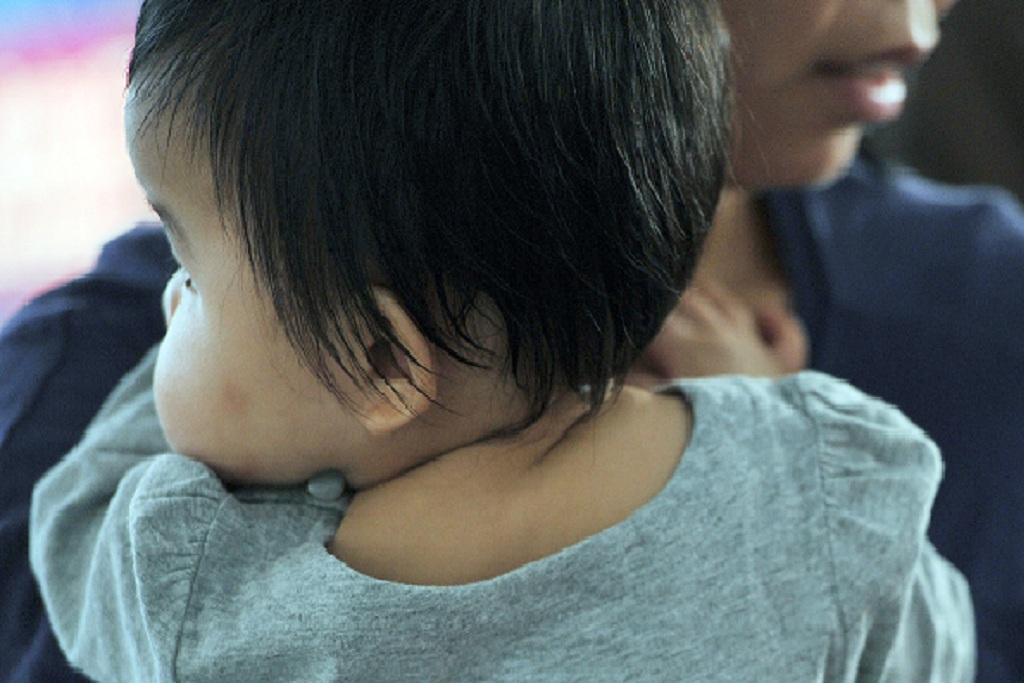China bans palm-reading tests for kindergarteners
China has banned kindergartens in the northern Shanxi province from offering palm-reading tests to gauge children’s potential, Reuters and the Chinese state-run news agency Xinhua are reporting.
Testers told parents in the provincial capital, Taiyuan, that they could predict a toddler’s intelligence, as well as their aptitude in music, mathematics and languages. Many parents accepted the service, but later complained about the high cost and reliability of the results.
The Hong Kong Standard says parents were charged about 1,200 yuan (US$190) for each palm reading, and that children as young as three months old were encouraged to take the test.
Xinhua says the Shanxi Daomeng Culture Communication company which designed the tests claimed they could "determine the children's innate intelligence and potential”.
An education specialist with the Shanxi Academy of Social Sciences, Zhao Yulin, said the tests were “pseudo-science” and could be misleading.
Xinhua also quotes the head of the local education bureau, Ma Zhaoxing, as saying: "We have issued a circular to criticize the three kindergartens that offered palm-reading tests". She added that the practice had been banned.
Authorities are now investigating Shanxi Daomeng Culture Communication to see if it has violated any laws in offering the service.
Reuters says that palm-reading is strongly-rooted in Chinese tradition, but that the country’s leaders have discouraged and punished devotees in the past, criticizing the practice as “superstition”.
